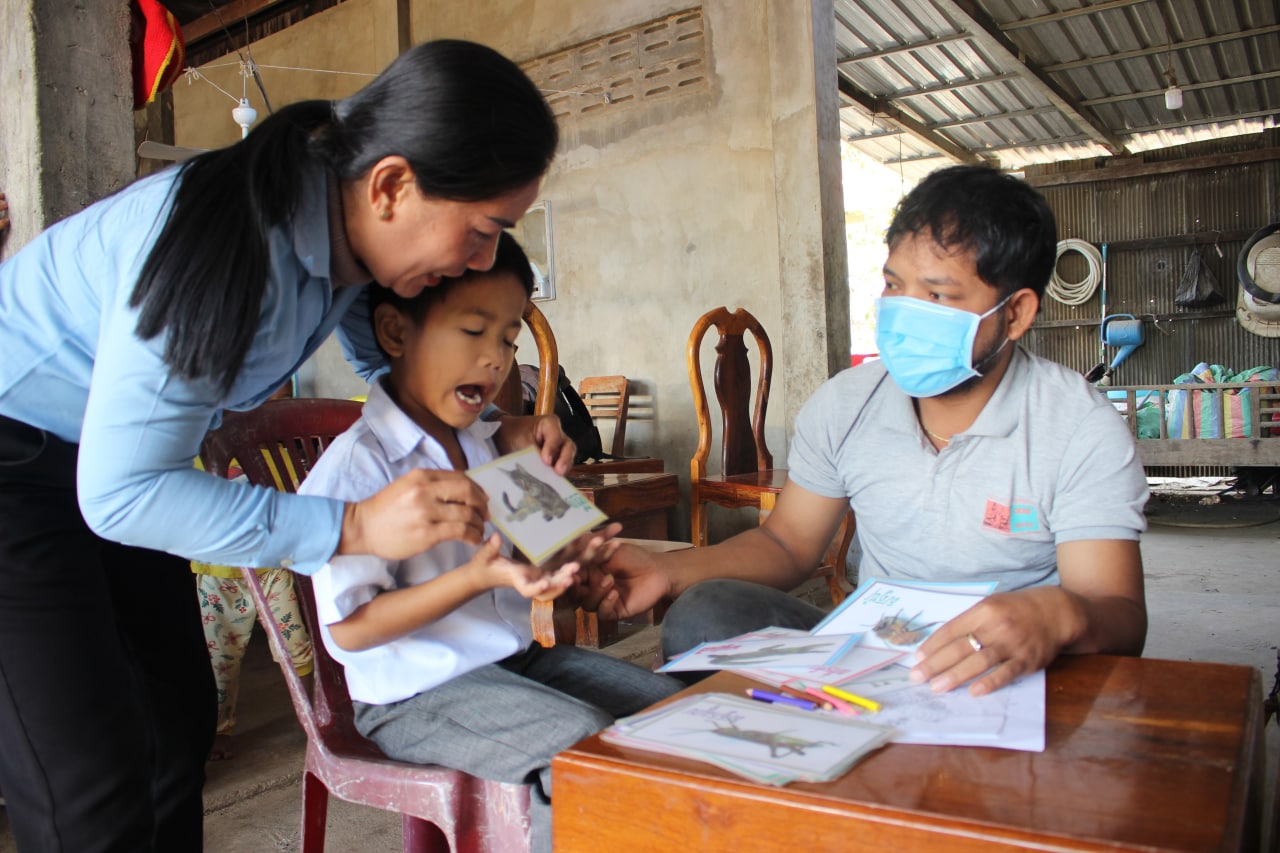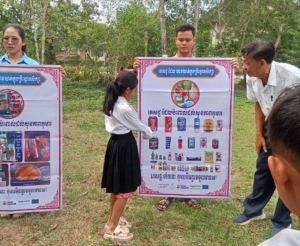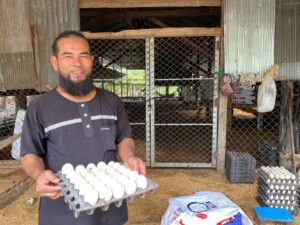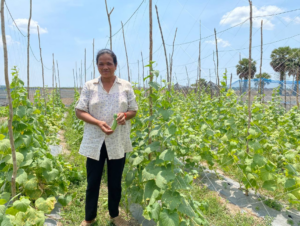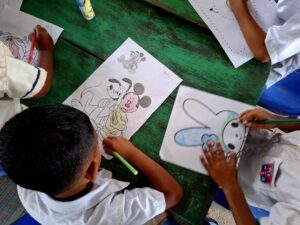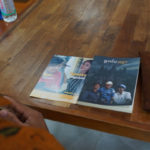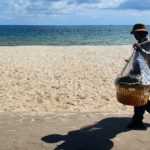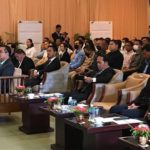Koeun Chantha Piseth, a seven-year-old boy identified with Autism, lives at Boeung Khna village of the Bakan district in Pursat province (western part of the country). Living with a younger sister, his father is a driver for a private company, and his mother is a housewife.
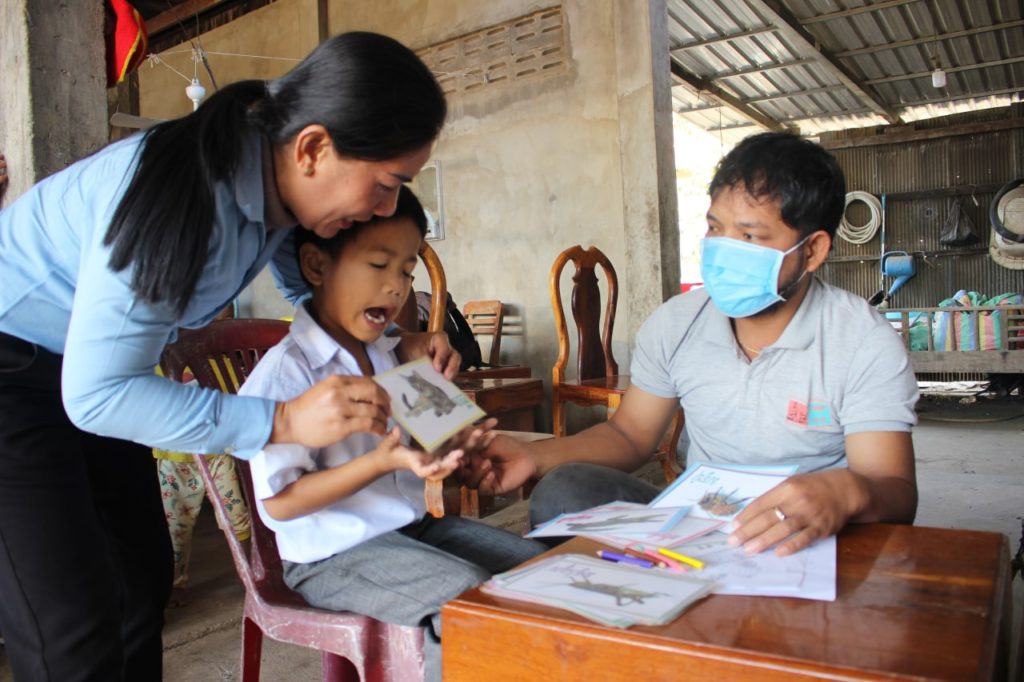
Before being admitted to the integrated class at Boeung Kna Primary School, Piseth had no type that could accommodate him due to his difficulty in social communication, wearing his clothes, bathing, and learning. One of his main challenges was facing discrimination among the people within the community. A year ago, a social worker used a community checklist to assess Koeun Chantha Piseth’s issues and employed a Goal Setting Form for improvement.
In the integrated class, Piseth has received training on positive behavior and special care, life skill training, nutrition, special education, and referral for health care. He also was supported to attend many social activities such as children’s rehabilitation retreat, International Day for People with Disabilities, and lots of social interactions. The project also supports his family with basic needs such as a ceramic water filter, mosquito net, blanket, emergency food, and health and hygiene materials.
We observed that; now he had more friends, and everyone loved him. He had a close relationship with his family and other people in the community, and he forgot all the negative feelings that he had before. Piseth has much improvement in daily activities, has a positive attitude, and has better health than before. The discrimination toward him decreased because of the awareness raising about disability law in his community.
“I am quite happy with my son’s improvement; now he can do some daily activities by himself such as toothbrush, bathing and he has a better feeling than before”, said Piseth’s mother.
Piseth and his family need to understand and be patient about this reality, said Hun Chandoeun, Project Coordinator of the Disability Development Services Program (DDSP), a member of CCOSC working specifically on special education for with intellectual disabilities children. “Our aim in the integration class is to help them with daily life activities which teach them to be independent, social communication,” said Chandoeun, “It takes years to see the improvement among the special children who have received special education. We know that autism can’t be healed, but we could train special children to integrate into society.”
